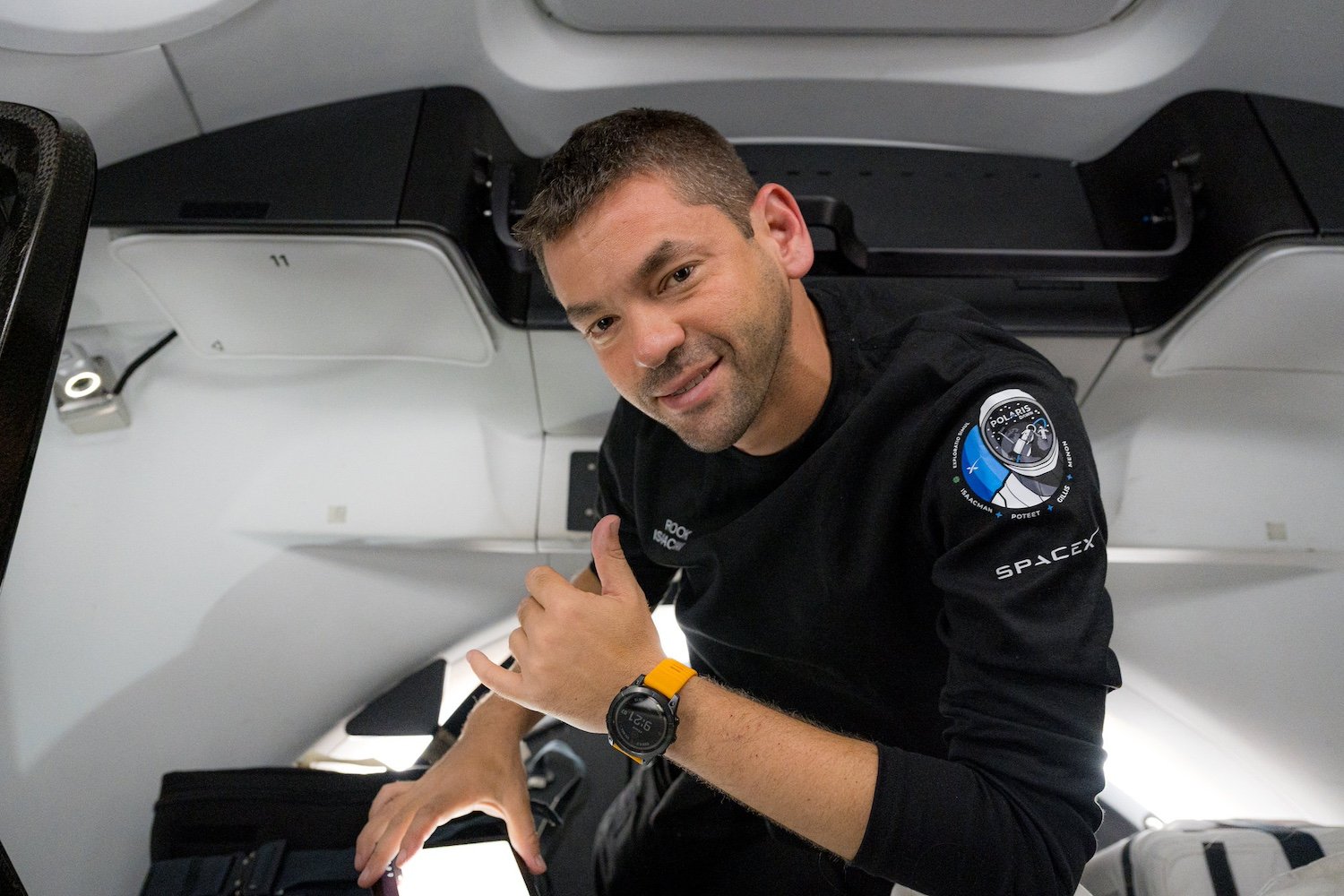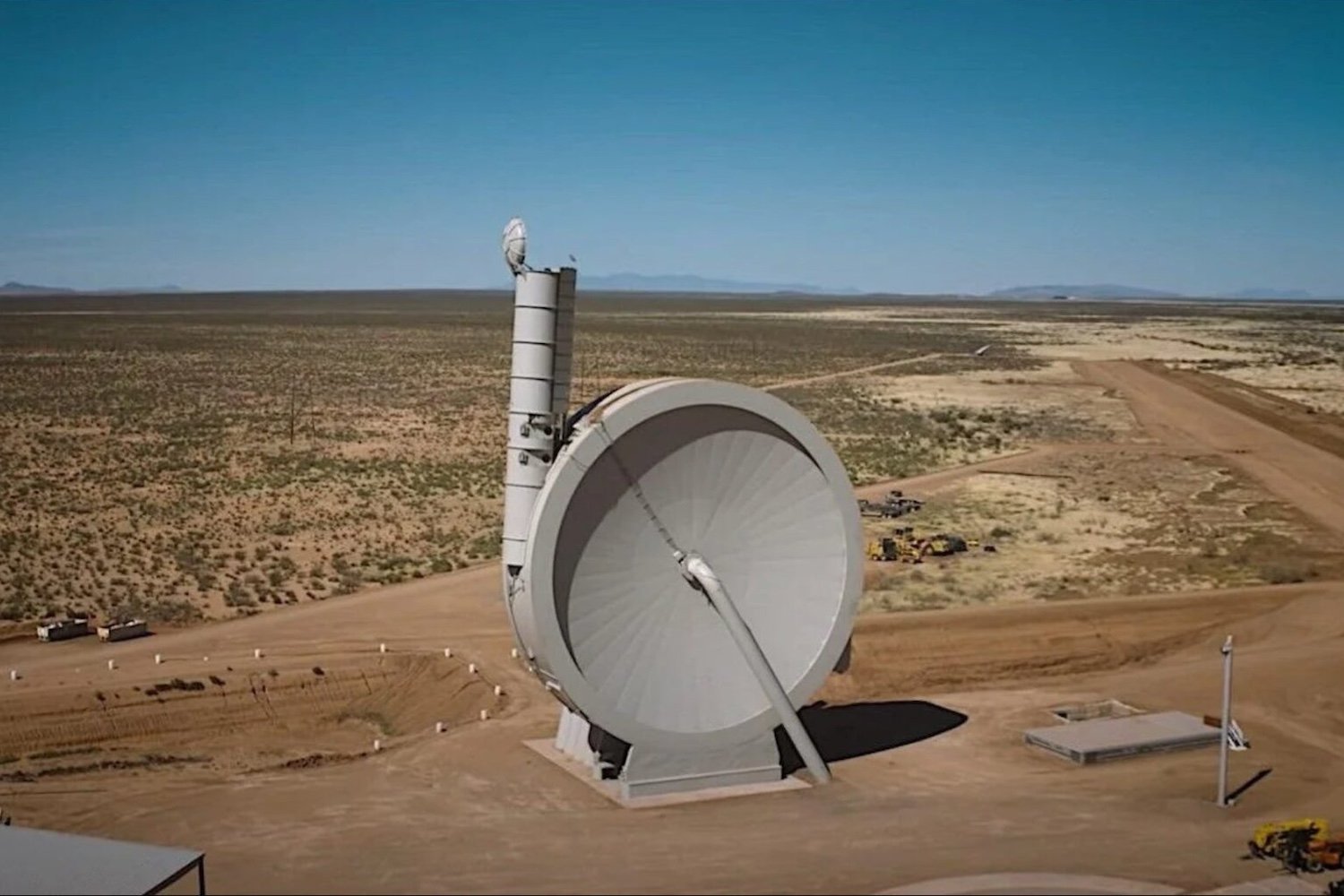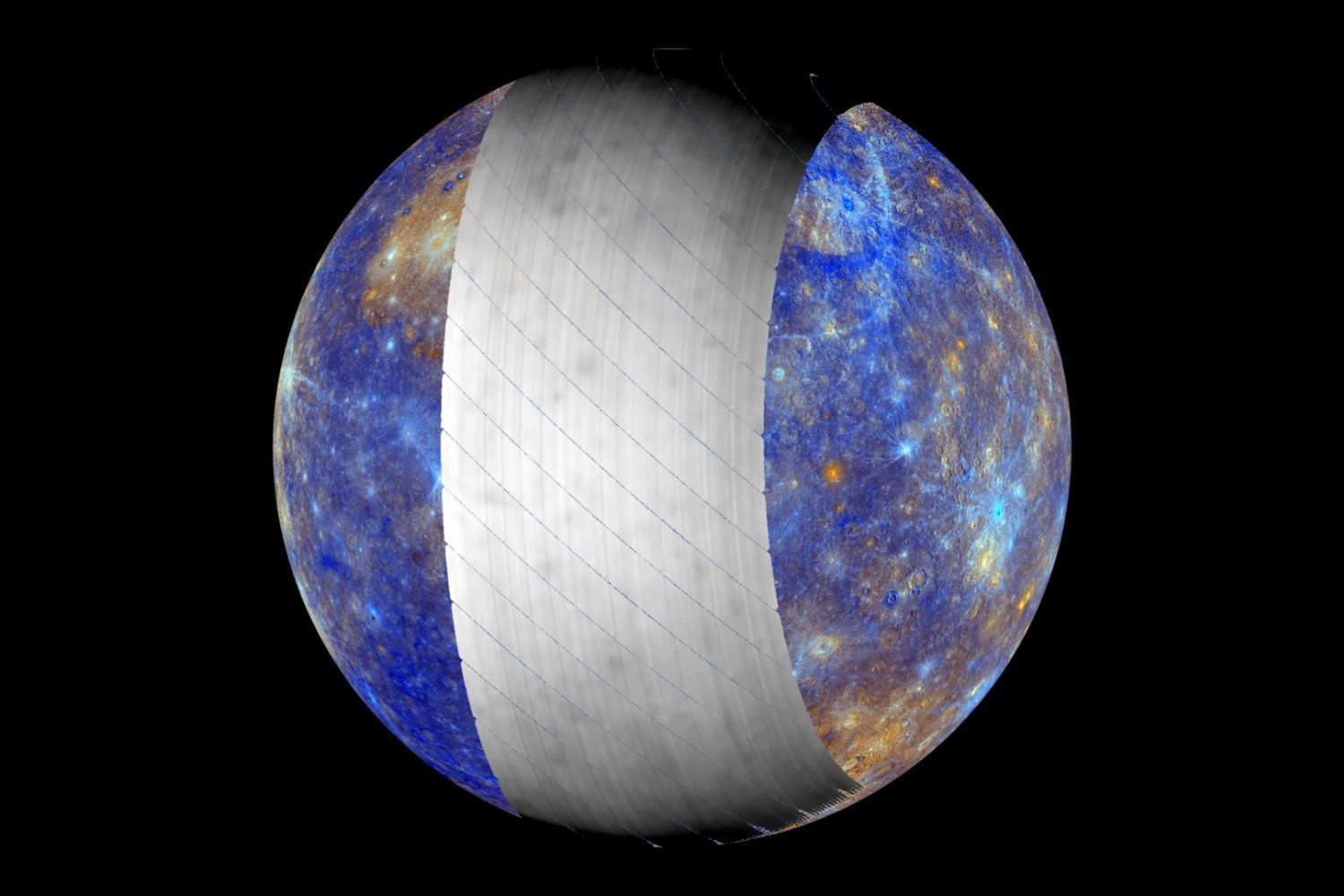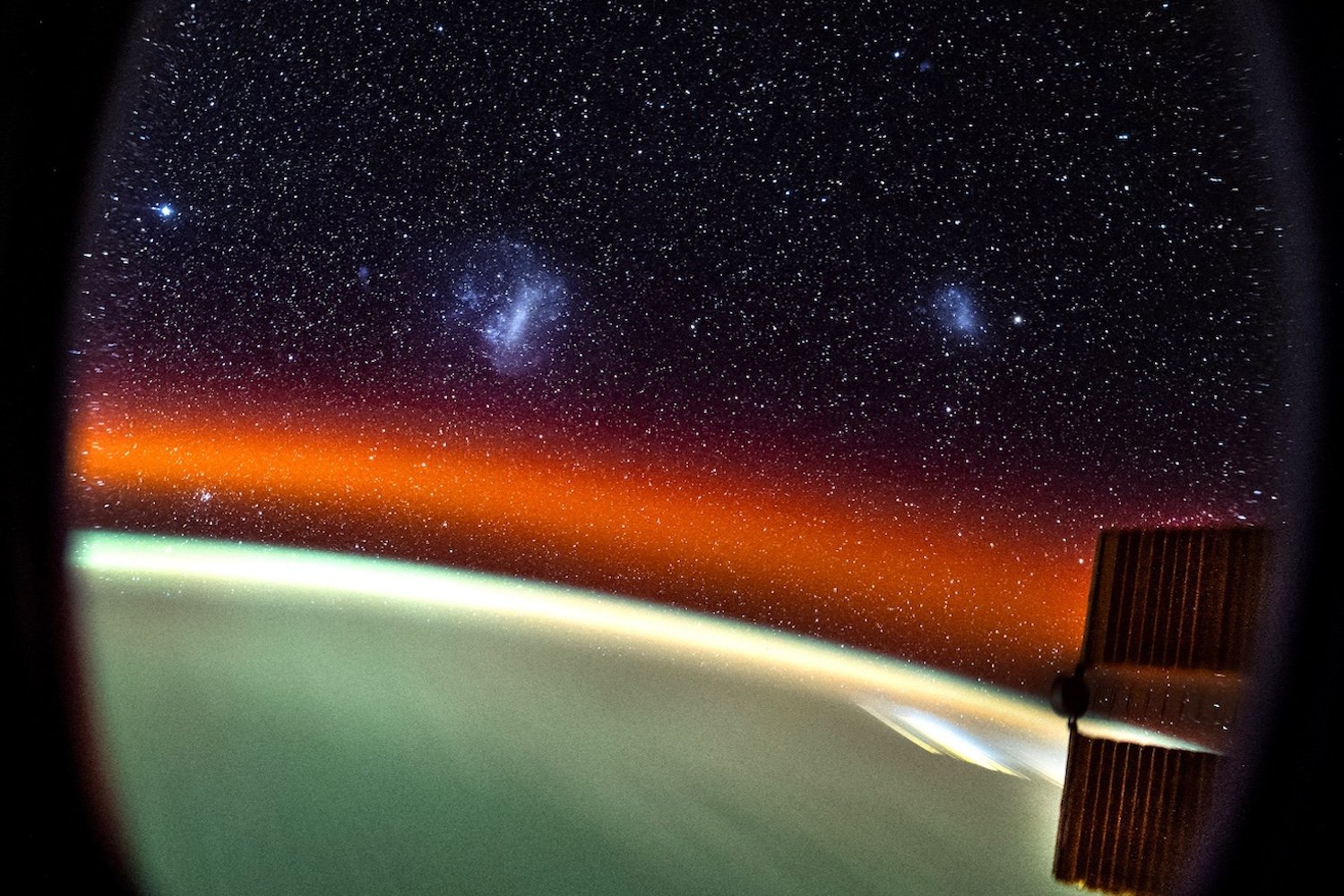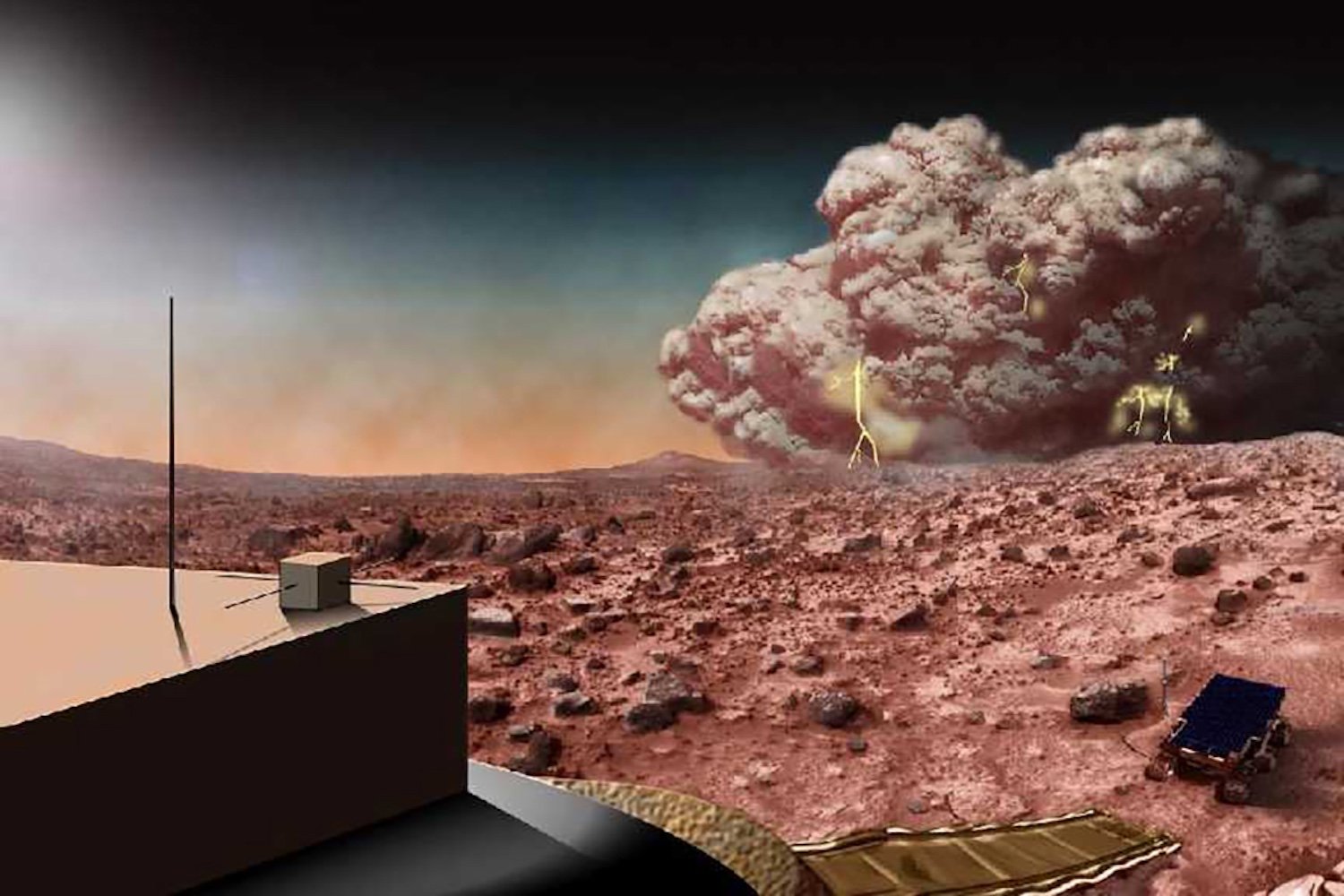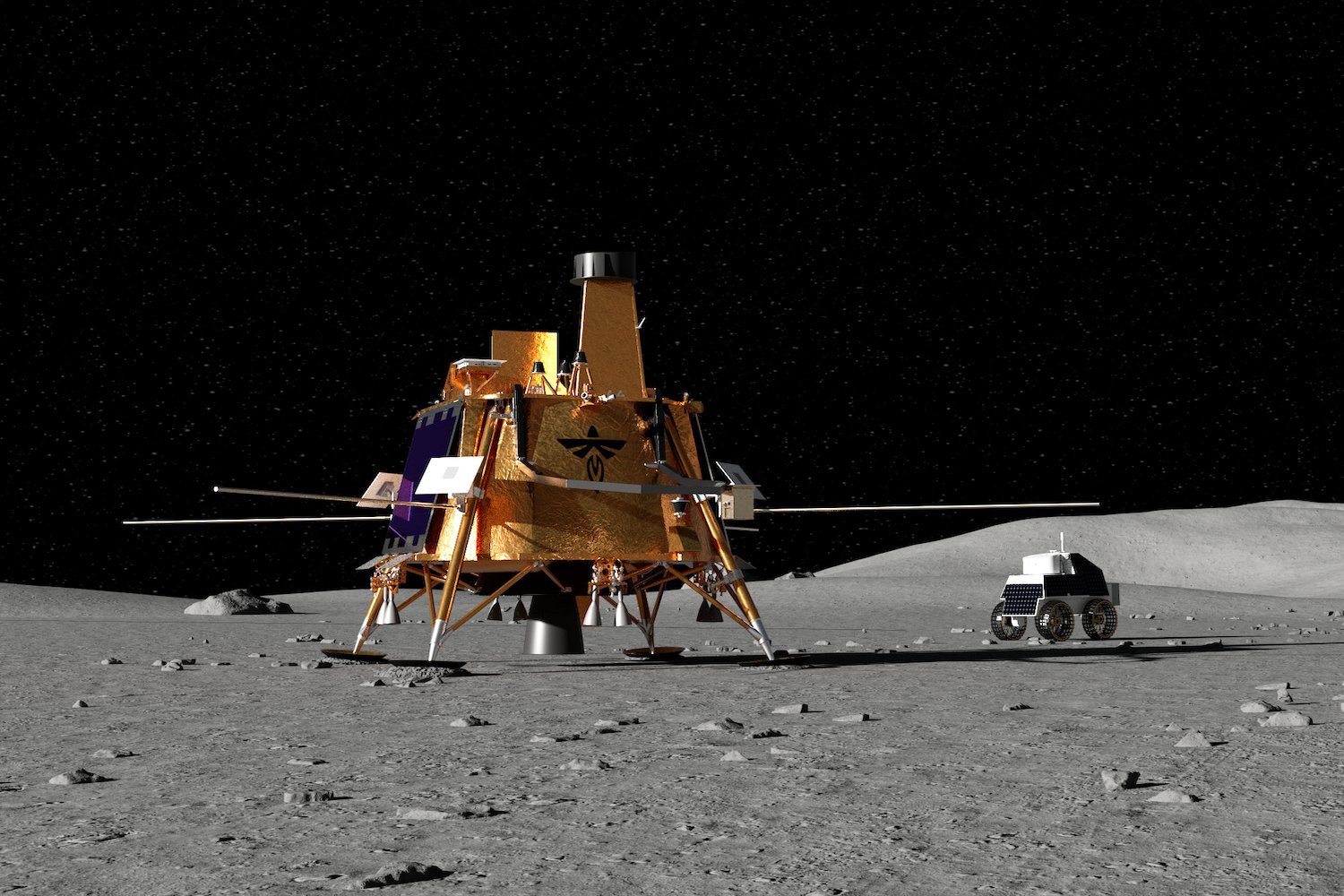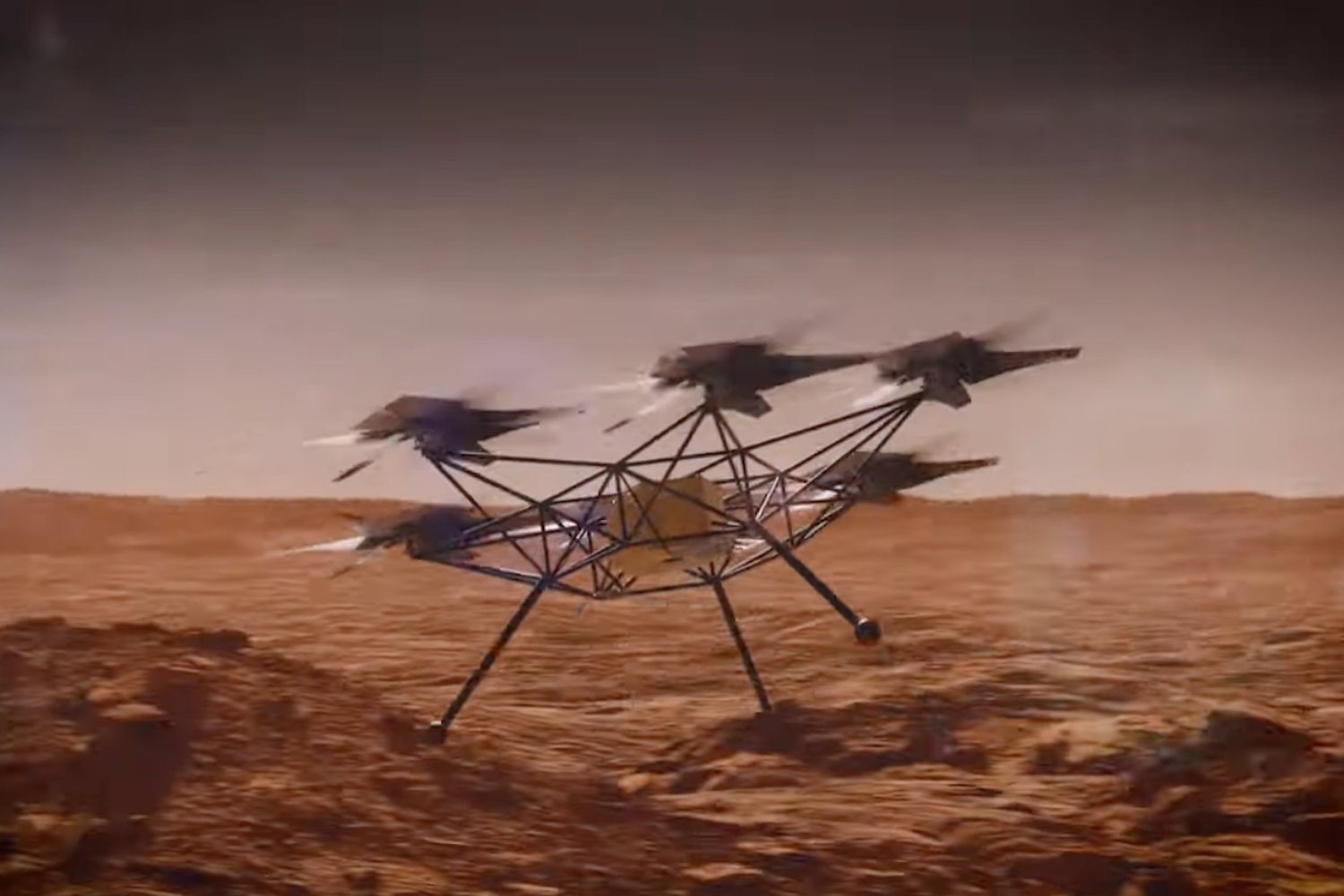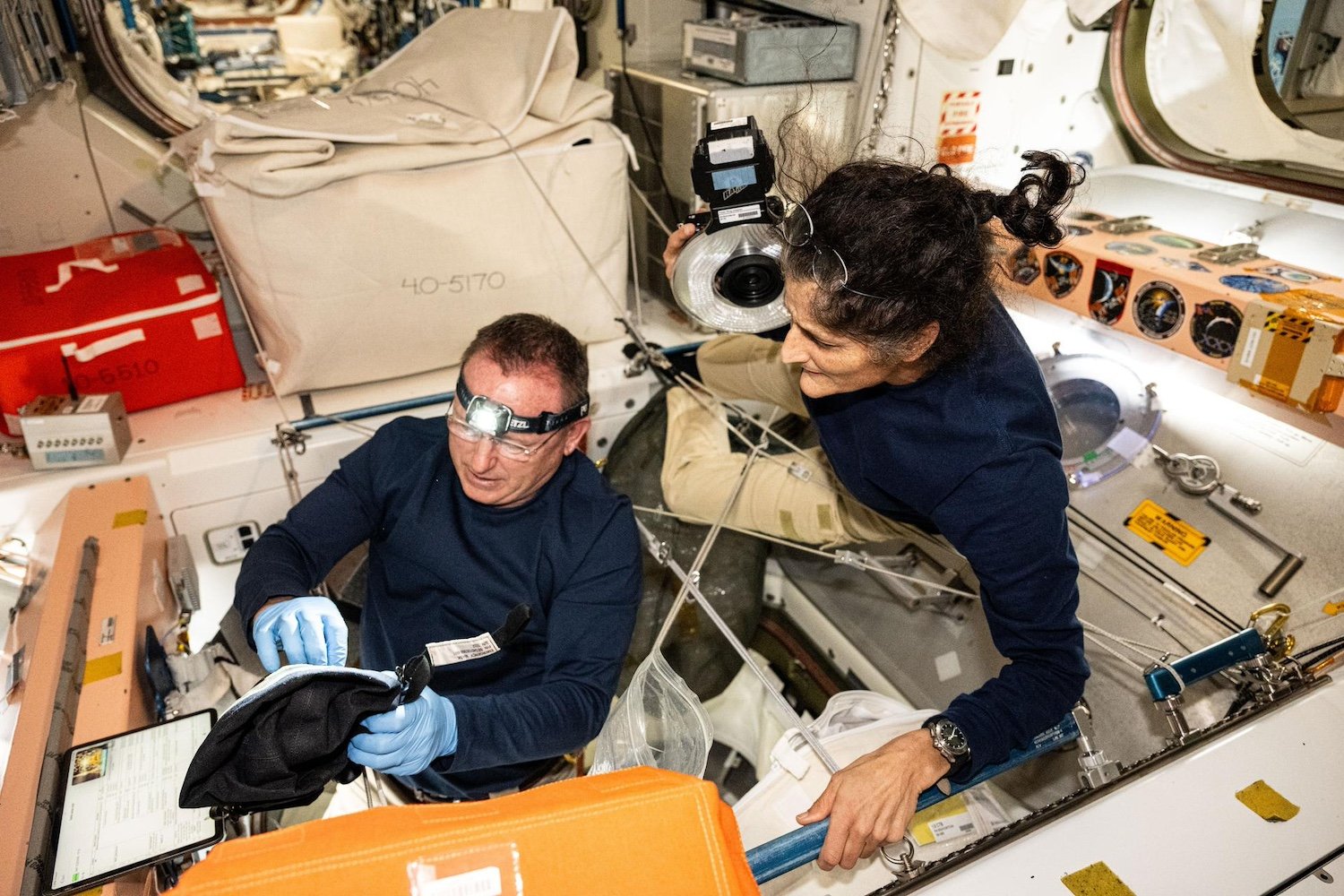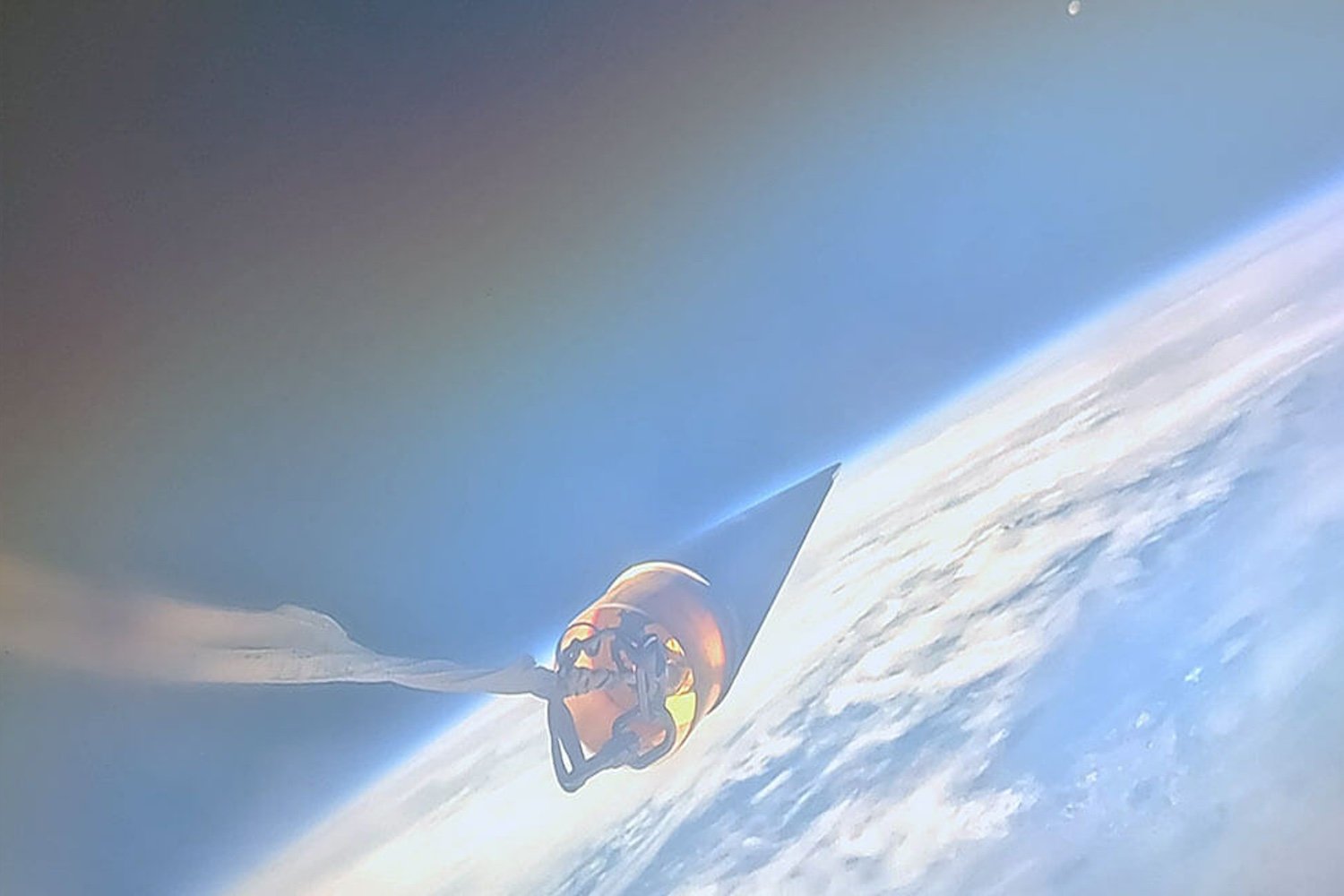For over six decades, NASA has pioneered space exploration, from interstellar probes and Martian rovers to powerful telescopes unraveling the universe’s mysteries. However, the agency faces challenges in returning humans to the Moon and forging a path to Mars, grappling with budget constraints, bureaucratic hurdles, and a burgeoning private space industry. This landscape has led some to question NASA’s long-term strategy, with concerns that it might be on a “going out of business” trajectory, as Casey Dreier, chief of space policy at The Planetary Society, expressed to maagx.com. The nomination of billionaire entrepreneur Jared Isaacman as NASA administrator has sparked both surprise and optimism, with many hoping he can bring a fresh perspective to the agency. But can Isaacman truly navigate NASA towards a more adaptable future, or will commercial interests overshadow its core mission?
A New Era of Leadership
President-elect Donald Trump’s selection of Isaacman, pending Senate confirmation, marks a departure from traditional NASA administrators. Unlike previous appointees with political or established space industry backgrounds, Isaacman is a tech entrepreneur and pilot, having commanded two private SpaceX missions. His leadership of Inspiration4, the first all-civilian orbital mission, and Polaris Dawn, which featured the first commercial spacewalk, positions him uniquely. This unconventional choice, as noted by Jack Burns, professor of astrophysics at the University of Colorado Boulder, represents a significant shift for the agency.
Navigating Delays and Budgetary Concerns
Just a day after Isaacman’s nomination, NASA announced further delays to the Artemis lunar program. This news, while disappointing, wasn’t unexpected given the program’s ongoing challenges. A 2023 report revealed that the Artemis program’s projected cost through 2025 is a staggering $93 billion, with the Space Launch System (SLS) rocket alone consuming $23.8 billion, exceeding initial estimates by $6 billion. The SLS has become a major point of contention, with some advocating for its complete abandonment. Critics like Keith Cowing, astrobiologist, former NASA employee, and author of NASA Watch, point to its delays, exorbitant costs, and infrequent launch cadence as reasons for concern.
Redefining NASA’s Role
A recent report, “NASA at a Crossroads,” underscores the agency’s key challenges: decaying infrastructure, technological stagnation, budget limitations, and a dwindling talent pool. The report urges NASA to re-evaluate its priorities, a sentiment echoed by experts. While NASA’s role remains crucial, it must adapt to the evolving space landscape. With private companies like SpaceX and Blue Origin developing their own launch capabilities, NASA’s traditional focus on rocket development may need to shift. Cowing suggests NASA needs to determine its future direction, recognizing that it’s no longer the sole player in human spaceflight.
Balancing Commercial Interests and Public Good
Isaacman’s commercial background raises concerns about potential conflicts of interest. His experience primarily lies in the private sector, which could influence NASA’s trajectory. Dreier acknowledges this concern, noting Isaacman’s evident interest in commercial space. However, he also emphasizes that the NASA administrator operates within a federal framework, subject to political processes and budgetary constraints. Isaacman wouldn’t have unilateral control over contracts or program cancellations.
A Crossroads for NASA
Isaacman’s nomination represents a pivotal moment for NASA. As the agency navigates the changing dynamics of space exploration, his leadership could usher in a new era of innovation and adaptability. Alternatively, it could lead to a greater emphasis on commercial endeavors, potentially overshadowing NASA’s fundamental scientific and exploratory mission. Only time will tell whether Isaacman can successfully steer NASA through this complex landscape and ensure its continued relevance in the new space age.



